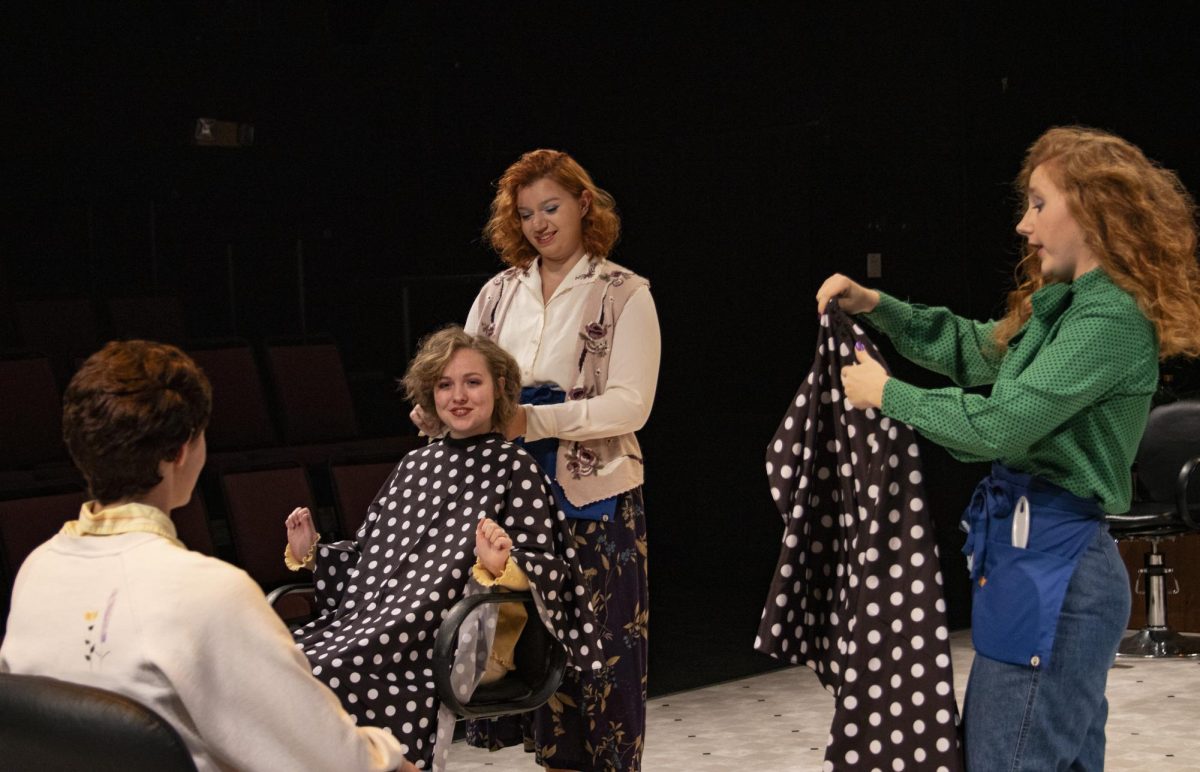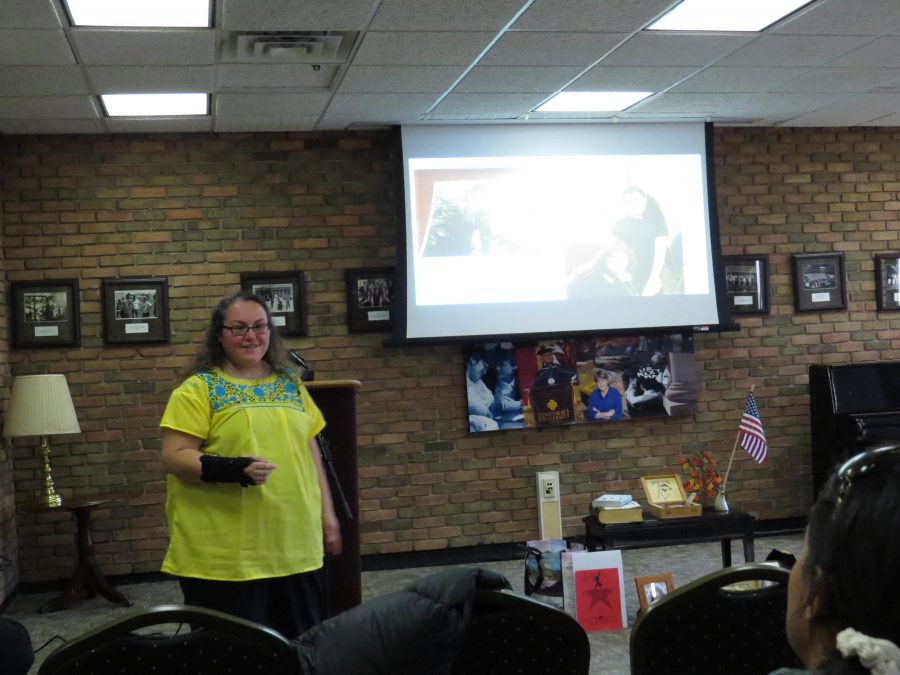Written by Emily Longman

“In summer moonlight, she was dangerously, inebriatingly magnified.”
In this single sentence, author Gregory Maguire simultaneously describes both the figure of the Wicked Witch of the West, Elphaba Thropp, and the mood set by his novel, “Wicked.” The book tells the thrilling fast-paced backstory of the witch that everyone loves to hate, forcing fans of the L. Frank Baum’s classic “The Wonderful Wizard of Oz,” to reconsider their impression of Glinda’s less-than-likeable counterpart.
Maguire’s parody was made famous by the Broadway musical of the same name which it inspired, but is arguably a more valuable piece of art in its book form. The author paints a picture of a remarkably complex country and a world in which Animals speak and magic is all around. The reader is quickly immersed in the bizarre life of Elphaba who is born with sharp teeth, an even sharper attitude and skin that is decidedly green.
Despite its roots in Baum’s children’s story, “Wicked” is decidedly written for adults and investigates the social and political tensions of the Land of Oz, as well as the age-old question of what makes an action good or evil. Maguire maintains a good balance between the dry diplomacy of the Emerald City and the more interesting conundrums of Elphaba’s life, intertwining the two in a powerful and thought-provoking story line. Though interesting, this page-turner still leaves the reader wishing for a more whimsical element to the twisted relationships that are incessantly colored by ulterior motives and closely guarded secrets.
Even apart from the hype and bright lights of Broadway, “Wicked” is a brilliant and engaging novel that draws upon its audience’s childhood love of Oz to hook readers’ attention from the very beginning. Its fantastical plot serves as an impressive vessel for extremely shrewd observations about morality and human nature. The Wicked Witch of the West is transformed into a character to be pitied rather than hated, making a strong case for the oft-repeated statement that you cannot judge a person until you have first walked in their shoes – or should I say slippers?
In short, “Wicked” is more than worth the time it takes to devour the 500+ pages. I may not want to live in Oz, but it is a beautifully tragic story world to which I love to escape.


































